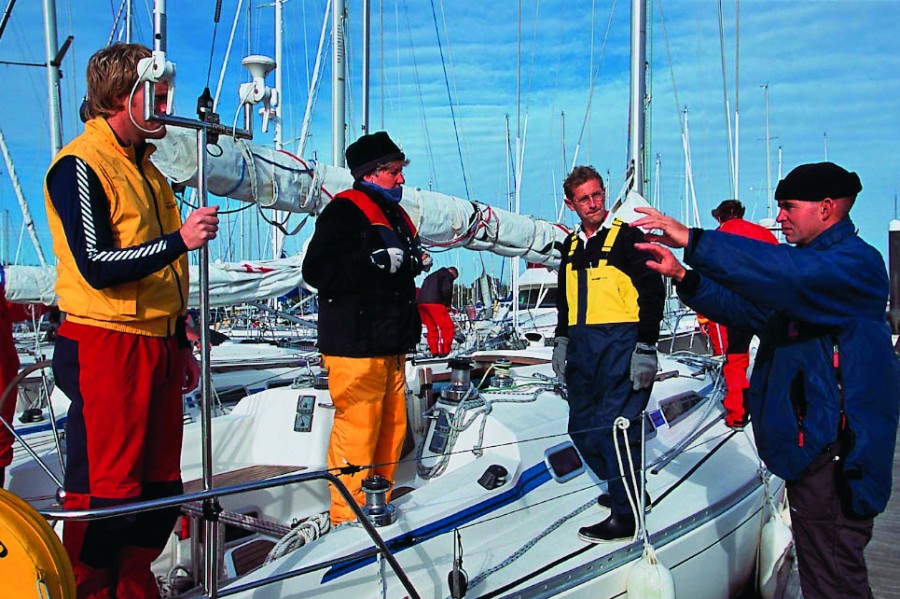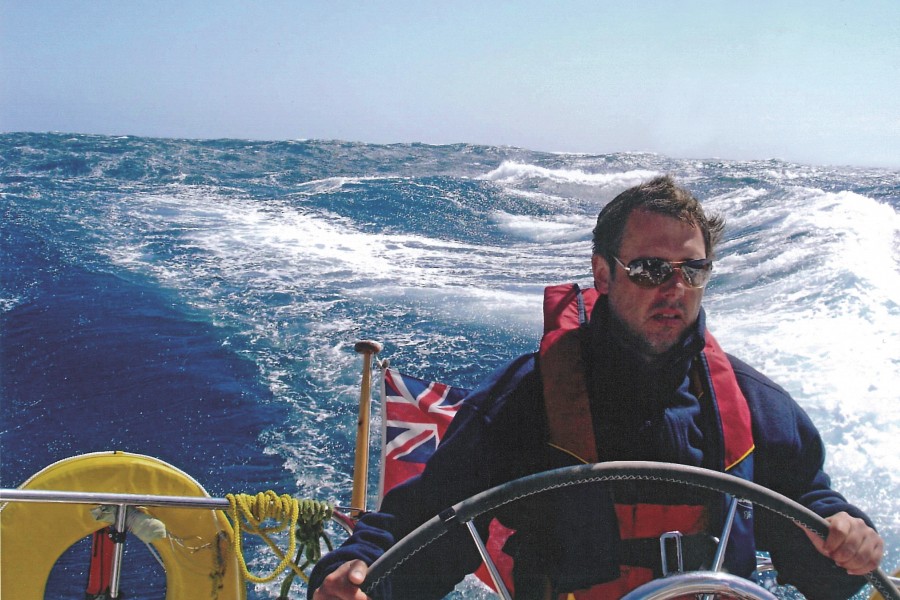RYA Coastal Skipper Course - Shore based and Practical
RYA Coastal Skipper Course - Combined Shore based and Practical
12 Day Courses £1,395
We think that the RYA Coastal Skipper practical course is one of the most important, beneficial and rewarding courses within the RYA cruising scheme. This course is what it’s all about – cruising! Arming yourself with the necessary advanced skills to head off on longer Coastal or Cross Channel Passages.
The benefits of taking the Coastal Skipper/ Yachtmaster shore based course immediately before heading out on the water are immeasurable. As with the Day Skipper combined course, some navigational methods that may not seem 100% clear in a classroom, make more sense when used in a practical environment. We are excited to launch this new course.
This course is for more experienced sailors, who already posses a sound knowledge of sailing and navigation and who are wanting to undertake coastal passages by day and night. This is by no means a beginner’s course and students wishing to join, must have the required pre course experience.
Assumed Theoretical Knowledge: Day Skipper Shore Based course completion certificate or equivalent knowledge
Assumed Practical Knowledge: Minimum of15 days, 2 days as skipper, 300 miles, 8 night hours (more experience is beneficial)
Minimum Age: 17 years old
Course Structure:
Day 1 - 6 (Monday - Saturday) classroom based Coastal skipper/ Yachtmaster theory course.
Day 7 (Sunday) rest day
Day 8 - 12 (Monday - Friday) 5 day Coastal Skipper liveaboard practical course.
Course Content: Passage planning, passage making, preparation for sea, pilotage, skippering skills, crew management, yacht handling under sail & power, adverse weather conditions and emergency situations
Ability after course: Able to skipper a yacht on coastal passages by day and night.
Teaching ratio on board: 5:1
Not included in the course fee: The theory elements of the course are non residential , so local accommodation will be required.
Although accommodation is provided onboard for the practical element of the course, the mooring fees are split between the students. Wet weather jackets & salopettes are available to hire for £7.50 per day. A selection of accompanying course books & logbooks are available to purchase.
Students should allow for one evening meal ashore on a five day course. All other catering including three evening meals are provided onboard.
2025 Dates:
17 - 28 March 2025
15 - 27 June 2025
13 - 24 October 2025


